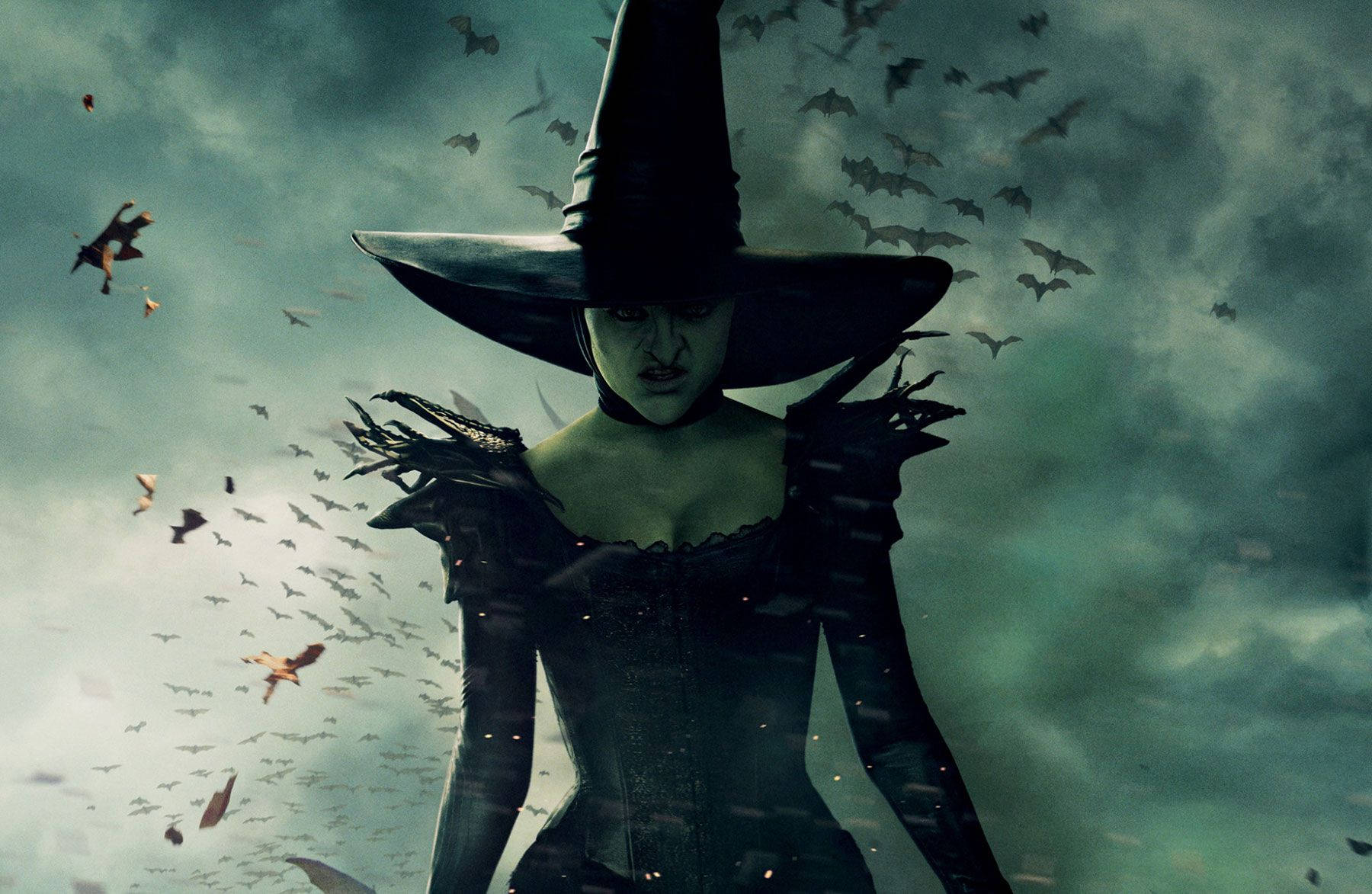
FAQ About Magic in the Middle Ages
Magic in the Middle Ages
2 years ago | gizem
How did the practice of magic impact medical treatments in the Middle Ages?
The practice of magic had a significant impact on medical treatments in the Middle Ages. During this period, the boundaries between magic, religion, and medicine were often blurred, and various forms of magic were integrated into medical practices. Here are some ways in which the practice of magic influenced medical treatments in the Middle Ages:
- Herbalism and Charms: Magic and medicine were closely linked in the use of herbal remedies. Medical treatments often involved the administration of herbal concoctions believed to have healing properties, and sometimes these remedies were accompanied by magical charms or incantations to enhance their effectiveness.
- Amulets and Talismans: Magical amulets and talismans were used as protective devices against illness or to promote healing. These objects were believed to possess special powers and were worn or carried by patients as part of their medical treatment.
- Astrological Medicine: The practice of astrology played a significant role in medieval medicine. Physicians believed that the positions of celestial bodies influenced health and disease. Astrological charts were consulted to determine the best times for medical treatments and procedures.
- Divination and Diagnosis: Some medical practitioners used divinatory methods, such as reading dreams, examining the pulse, or analyzing urine, to diagnose illnesses and determine appropriate treatments.
- Magical Healing Rituals: In addition to herbal remedies, magical healing rituals were performed to cure ailments. These rituals often involved invocations, prayers, and symbolic gestures believed to channel divine or supernatural healing powers.
- Exorcisms and Spiritual Healing: For illnesses believed to be caused by demonic possession or spiritual affliction, exorcisms and spiritual healing practices were employed to drive out malevolent forces and restore health.
- Charms and Incantations: Physicians and healers recited charms and incantations during medical procedures or while applying remedies to imbue them with magical potency and protect against malevolent influences.
- Medieval Surgeons and Magical Practices: Even in surgical procedures, magical beliefs influenced the approach. For example, surgical instruments were often consecrated or anointed with magical substances to ensure the success of the operation.
- Cunning Folk and Folk Healers: Local healers, known as cunning folk, often combined magical practices with medical treatments. They used a blend of herbalism, charms, and divination to treat various illnesses and ailments.
- Religious Pilgrimages and Healing: Pilgrimages to religious sites believed to have healing properties were common in medieval medicine. These journeys were seen as opportunities to seek divine intervention for healing.
